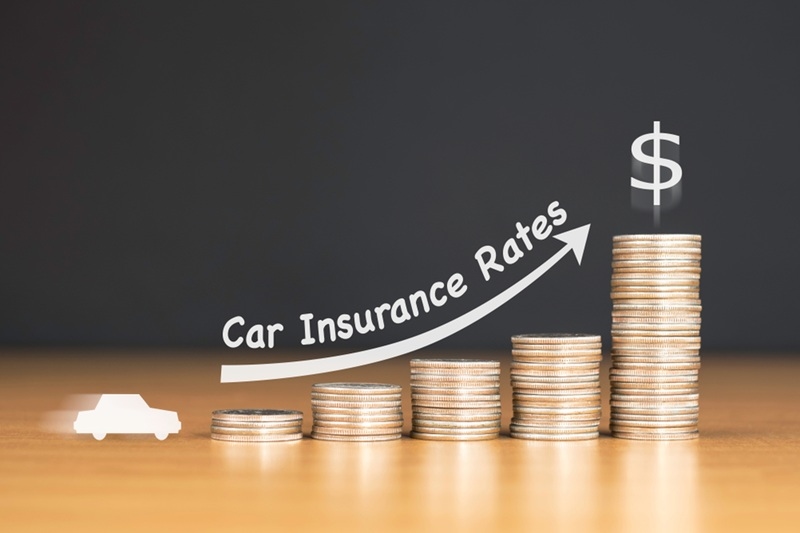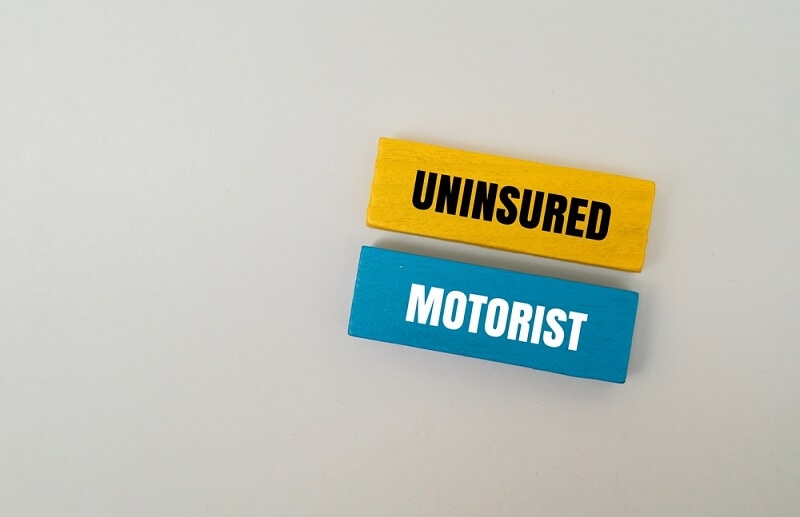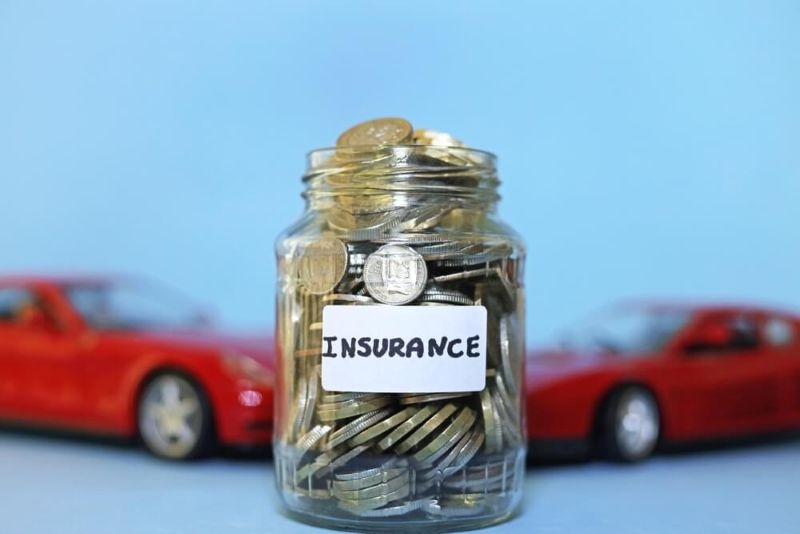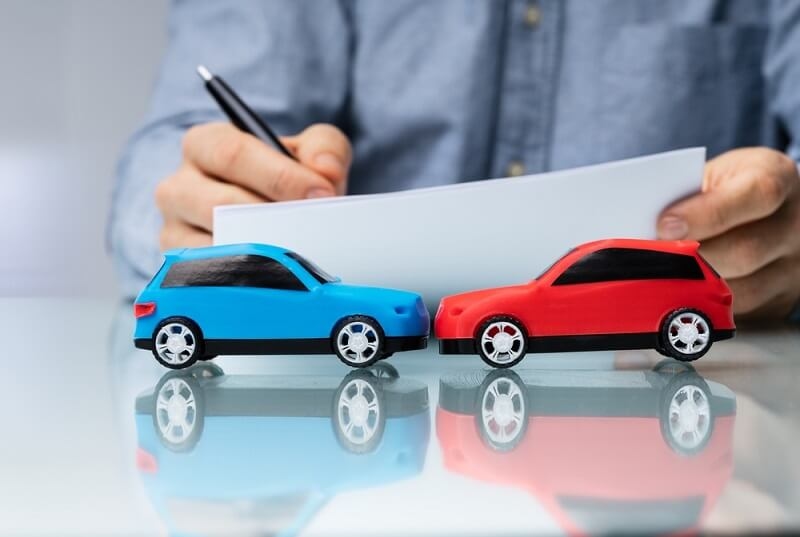Car Insurance Tips: What You Really Need To Know
Car Insurance Tips: What You Really Need To Know


You'll almost always have to pay for car insurance when you buy a car. Car insurance is an essential cost of owning a vehicle. It can be expensive, but it's necessary if you don't want to risk losing a lot of money in an accident or theft. If you're thinking about purchasing car insurance or planning to renew your existing policy soon, you may be wondering what exactly car insurance covers and how much coverage you should get. Fortunately, this blog can help answer any questions you might have about car insurance, and you can get the right policy according to your unique situation and budget.
What Is Car Insurance?
This type of insurance protects you from the financial risks of damaging your car or having it stolen, such as in case of any accidents or theft.
How Does Car Insurance Work?
When you buy a car and obtain car insurance, you're purchasing protection for your car. This protection includes repair and replacement in the event of damage or theft, as well as protection for any passengers who may be riding in your car and other nearby people. You're technically breaking the law whenever you drive a car without car insurance. You may risk fines or even a license suspension.
Even if you don't get caught, though, you will still be putting yourself at risk. Consider this: if you are involved in an accident without insurance, you may be forced to pay for all of the damages out of your own pocket.
Auto or Car Insurance Coverage Requirements
Every state has different car insurance requirements. This means you'll have to determine your state's minimum legal coverage requirement if you want to drive legally. If you go without meeting the minimum coverage requirements. You'll have your license suspended and will have to pay hefty fines. Most states require that you have the following types of coverage:
Liability: This is the required coverage for bodily injury and property damage that results from accidents that you cause. Most states require a minimum of $25,000 bodily injury per person and $50,000 bodily injury per accident on this coverage. If you are at fault in an accident and injure someone, they will receive $25,000 per person per accident. Note that while this coverage is required, it is not automatically included in the cost of car insurance. Many people, therefore, decide to purchase additional liability coverage.
Personal injury protection (PIP): It provides medical coverage to people injured in car accidents. While the minimum coverage varies from state to state, the minimum is often $10,000 per person.
Uninsured/underinsured motorist coverage: It protects you if you are hit by a driver who does not have car insurance and does not have enough money to pay for your damages. Although the minimum amount of uninsured/underinsured coverage varies from state to state, it often ranges from $25,000 per person to $50,000 per accident.
Auto Insurance Consequences
If you drive without meeting the state minimum car insurance requirements, you risk yourself severely. If you get into an accident, you could be sued for much more than you have in coverage. This could result in losing everything you own, including your car. The state may also take your license away. If you are driving without insurance, state law mandates that you be fined. The amount varies by state, but you may face fines of several hundred dollars as well as the need to purchase car insurance as soon as possible. If you get a ticket for driving without insurance and don't pay the fine, your license will be revoked.
Driving without insurance can also result in felony charges. This could result in jail time as well as a criminal record. Driving without insurance is extremely dangerous. In addition to putting yourself at risk, you're also putting other people at risk. This is why states require car insurance. Maintaining minimum insurance coverage is essential if you want to drive legally and safely.
Tips for Finding the Right Auto Insurance Policy
While minimum coverage requirements may be enough for some people, investing a bit more to get a better policy is often worthwhile. This can help you save money in the long run while enjoying better coverage. Here are a few things you can do to find the right policy.
Shop around: When you shop around, you can compare policies from different providers to see which one is best for you. You can use this to solicit quotes from multiple insurers, increasing the likelihood of finding a policy that works for you.
Compare the policy types: Different types of policies exist. These include liability only, liability with PIP, and full coverage. With complete range, you'll get everything that you need. To save money, combine your auto and home insurance policies into one package and shop for the best price.
If you're a good driver: There are specific auto insurance discounts that you may qualify for if you're a good driver. These include good student, independent driver, and driving instructor discounts. These are only a few suggestions for locating an appropriate insurance plan. Ultimately, you'll want to think carefully about your needs and budget before deciding.
Other common auto insurance coverages
Collision: Basic, legally required auto insurance typically only covers the damage your vehicle causes, not any damage your vehicle sustains. When thinking about auto insurance, it's important to keep in mind the following extras:
Collision insurance will pay for the repairs if you hit another car or something else (like a tree or a guardrail) and are at fault. Collision coverage will pay for the repairs if your car is damaged by something like a pothole or a rollover. However, this coverage will not pay for mechanical breakdowns or regular wear and tear.
Comprehensive: Theft and damage not caused by a collision are covered by comprehensive insurance. It includes things like fire, flood, vandalism, hail, falling rocks or trees, and even an asteroid!
Glass coverage: Windshield damage is fairly common, but luckily you can get it repaired with the help of Glass Coverage. Some vehicle insurance policies may cover the side and rear windows and glass sunroofs without the need for a separate deductible. Also, you have the option to purchase extra glass protection.
FAQs on Car insurance
Should I get gap insurance, and how does it work?
Insurance policies such as collision and comprehensive only pay out the current market value of your vehicle, not the amount you owe on it, which is especially important to remember when it comes to brand-new automobiles. There could be a "gap" between what you owe and the amount your insurance covers if your automobile is stolen. You could consider getting gap insurance to cover the difference if this happens to you. It's important to remember that gap insurance is typically included in the monthly lease payments for leased vehicles.
Who's covered by my car insurance, and when?
Your auto coverage covers you and your family driving your car. The policy provides coverage if someone not on your policy is driving your automobile with your approval.
Personal auto insurance only covers commuting, errands, and trips. If you deliver pizzas, for example, you won't be covered.
Personal auto insurance doesn't cover ride-sharing services like Uber or Lyft. Some auto insurers offer supplemental insurance policies (at extra expense) for ride-sharing drivers.
Final Words: Wrapping Up
As you can see, car insurance is essential to owning a car. You need to protect yourself with the right coverage, or you could risk losing a lot of money in an accident or theft. To find the right kind of coverage for your needs, it's crucial to start with a firm grasp of the fundamentals of auto insurance. With Inuranceandleisure.com, you can ensure that you have the coverage you need and that you aren't overpaying.
This content was created by AI



